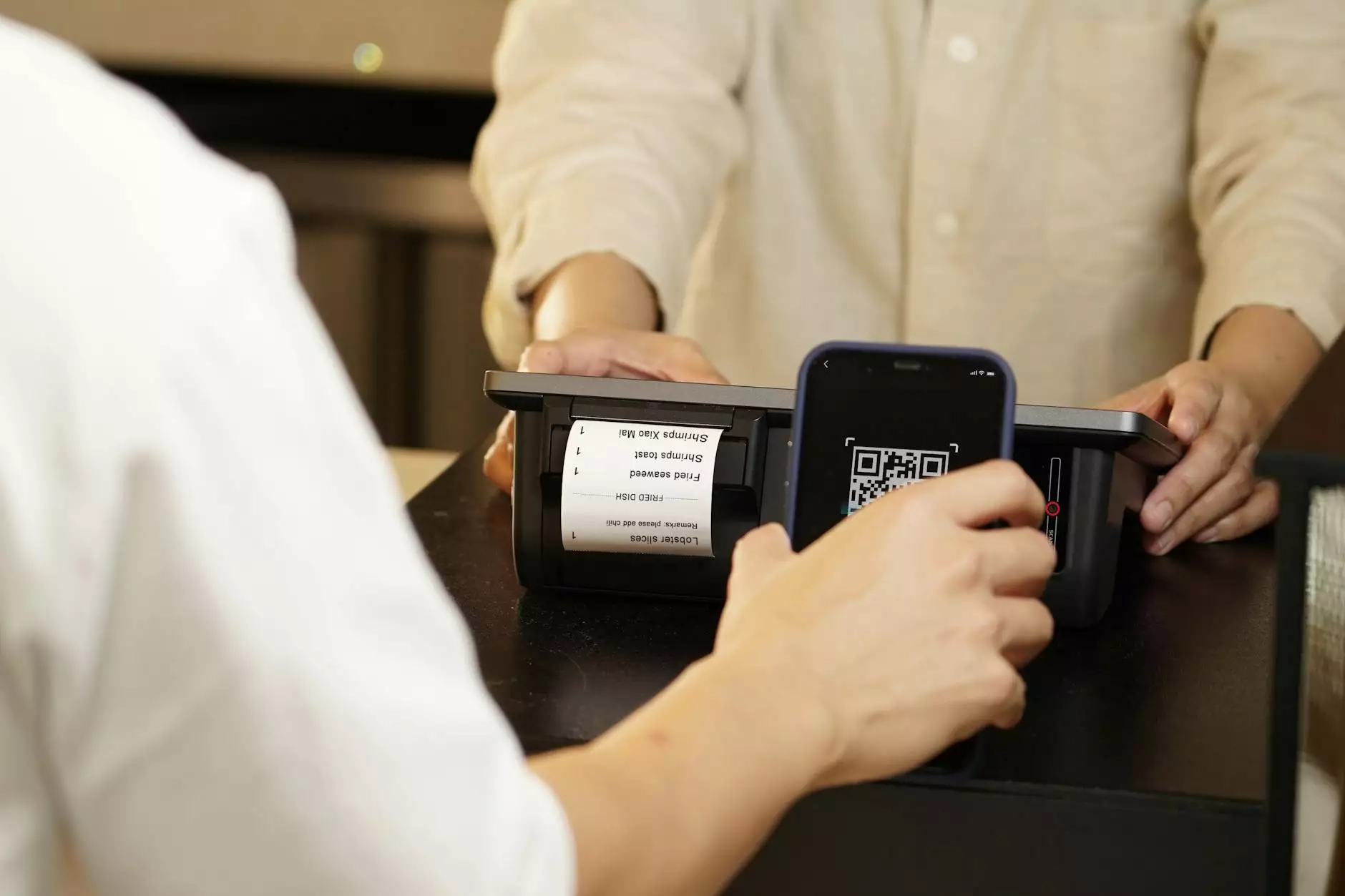Can a Single Person Develop an App? Unlocking Opportunities in Mobile Phones and Software Development

In the rapidly evolving world of technology, the question "Can a single person develop an app?" resonates deeply with aspiring entrepreneurs, software developers, and hobbyists alike. The digital age has democratized software creation, allowing individuals with passion, determination, and the right tools to transform visionary ideas into fully functional applications. This comprehensive article explores the multifaceted journey of app development for a solo developer, emphasizing the significance of mobile phones, innovative software development techniques, and strategic planning.
The Rise of Individual App Developers in the Digital Era
Historically, app development was a complex process reserved for large teams of engineers, designers, and project managers. However, recent advances in technology and the proliferation of accessible development platforms have shifted this paradigm. Today, individual developers can create impactful applications that rival those built by large teams. The rise of indie developers is driven by a combination of technological accessibility, open-source resources, and cloud-based services that simplify complex tasks.
Understanding the Potential for Single-Person App Development
At its core, app development involves architecting, designing, coding, testing, and deploying software that fulfills a user need or solves a problem. While it may sound daunting, modern tools and platforms empower one person to navigate each stage effectively. Here are some key factors that make solo app development feasible:
- Abundant Resources & Tutorials: Online courses, video tutorials, and community forums provide guidance for every skill gap.
- Low Barrier to Entry: Cross-platform development frameworks enable building apps compatible with multiple operating systems.
- Cost-Effectiveness: Cloud services and open-source libraries reduce development and hosting costs.
- Flexibility & Autonomy: Solo developers can iterate rapidly, adapt to changes, and bring personal vision to life without external dependencies.
Key Skills and Knowledge Areas for Solo App Developers
Achieving success as a solo app developer requires honing a diverse set of skills, including:
- Programming & Coding: Mastery of languages such as Java, Swift, Kotlin, or JavaScript depending on targeted platforms.
- UI/UX Design: Understanding user interface and experience design principles to create intuitive, appealing applications.
- Mobile Platforms & Frameworks: Familiarity with Android, iOS, and cross-platform tools like Flutter, React Native, or Xamarin.
- Backend & Cloud Integration: Knowledge of server-side development, APIs, and cloud services for data storage and management.
- Project Management & Marketing: Skills in planning, launching, and promoting applications to reach wide audiences.
Step-by-Step Roadmap for Developing an App as a Solo Developer
Turning an idea into a finished application involves a structured process. Here's a detailed roadmap tailored for individual developers:
1. Ideation & Market Research
Identify a problem or a niche that has unmet needs. Conduct market research by exploring existing apps, customer feedback, and potential demand. Consider what unique value your app can deliver.
2. Planning & Specification
Define the core features, functionalities, and target audience of your app. Create detailed wireframes or prototypes, outlining user flows and design layouts. Clear planning minimizes revisions later in development.
3. Selecting the Right Development Tools
Choose suitable platforms and frameworks based on your skills and target device specifications. For instance:
- Cross-platform frameworks like Flutter or React Native for broad reach.
- Platform-specific SDKs like Xcode for iOS or Android Studio for Android.
- Backend services such as Firebase or AWS Amplify for cloud integration.
4. Development & Coding
Implement your features incrementally. Follow best practices for code organization, version control (using Git), and testing. Remember, iterative development helps manage workload and reduces bugs.
5. Testing & Feedback
Test your app across different devices and scenarios. Use emulators, real devices, and gather feedback from potential users to refine functionalities and interface design.
6. Deployment & Publishing
Prepare your app for submission to app stores like Google Play and Apple App Store. Follow each platform’s guidelines meticulously. Use analytics tools post-launch to monitor user engagement and performance.
7. Maintenance & Iterative Improvement
Post-launch, actively update your app based on user feedback, technological advances, and changing market trends. Continuous improvement enhances user retention and app reputation.
Overcoming Challenges Unique to Solo Developers
While developing an app single-handedly is achievable, it often comes with unique challenges:
- Time Management: Prioritize tasks and set realistic milestones to avoid burnout.
- Limited Resources: Leverage free or affordable tools, libraries, and tutorials.
- Skill Gaps: Engage in continuous learning, join developer communities, and seek mentorship when needed.
- Marketing & Monetization: Develop a strategic plan for app promotion, user acquisition, and monetization methods such as ads, in-app purchases, or subscriptions.
Leveraging Platforms Like nandbox.com for App Development
Innovative platforms such as nandbox.com empower solo developers and small teams to create robust applications with minimal technical barriers. With features like drag-and-drop builders, integrated messaging, and flexible API access, nandbox provides tools that accelerate development timelines.
Utilizing such platforms allows developers to focus on the core logic and user experience without getting bogged down in infrastructure complexities. They also provide opportunities for integrating social and communication functionalities seamlessly, crucial for mobile applications in the mobile phones and software development categories.
Success Stories: Solo Developers Making it Big
Numerous industry success stories exemplify how a single individual can develop a game-changing app:
- Todoist: Started as a solo project, now a widely-used task management app.
- Flappy Bird: Developed by a single developer, Dong Nguyen, showcasing how simplicity and creativity can lead to immense popularity.
- Stardew Valley: Created entirely by one developer, demonstrating the potential for indie success in game development.
These examples prove that with motivation, the right skills, and strategic use of available tools, one person can develop a powerful, competitive app. Your ideas, combined with dedication, can lead to compelling new products in the world of mobile phones and software development.
Conclusion: Is It Possible? Absolutely!
In conclusion, the answer to "Can a single person develop an app?" is a resounding Yes. The modern digital landscape has broken down barriers, enabling individual developers to innovate, compete, and succeed. Whether you aim to build a simple utility, a social networking app, or an enterprise solution, your journey begins with a clear vision and the willingness to learn and persist.
By leveraging platforms like nandbox.com, embracing continuous learning, and following strategic development practices, you can turn your idea into a reality. Remember, every successful app begins with one person's determination and a desire to make a difference. Now is the perfect time to start your journey in mobile phones and software development!









